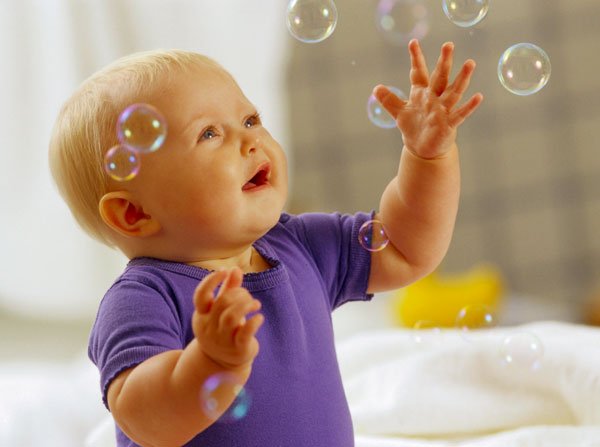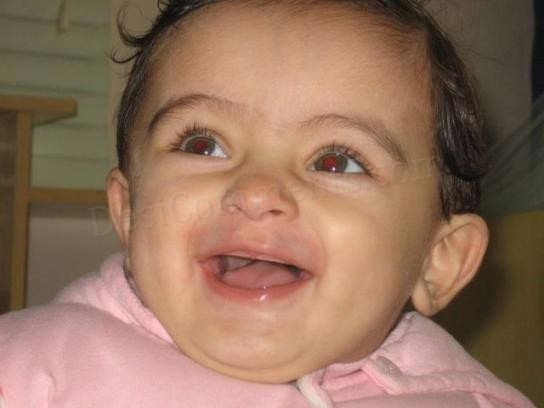Baby Animations Definition
Source(google.com.pk)Amniocentesis can provide valuable information about the health of your baby before it is born. Amniocentesis is a procedure used to obtain a small sample of the amniotic fluid that surrounds the fetus during pregnancy.It was probably clear to you that your child was a miracle right from the first ultrasound. And since then your little one has been growing, learning, and changing at an astonishing rate. But we'll bet there are still a few things even you don't know about your child's dazzling developmental feats. Read on for a collection of fascinating child development facts sure to make you say "Wow!"You scared me, Ma! Your baby will startle in utero when she hears a loud or sudden noise. This ability appears around 23 weeks, as any pregnant woman in her second or third trimester can attest; if she sneezes, the baby jumps.
VIDEO
Inside pregnancy: Weeks 21 to 27
A 3D animated look at a baby in the second trimester of pregnancy.
But if the same noise is repeated frequently, your baby will get used to it and stop responding. No need to worry — that's a sign that the brain is developing normally, says Lise Eliot, an associate professor of neuroscience at Chicago Medical School and author of What's Going On In There? How the Brain and Mind Develop in the First Five Years of Life.Your baby begins to "breathe" while he's still in the womb, even though his lungs aren't taking in any oxygen, says Eliot. At around 27 weeks, his fluid-filled lungs will start to expand and compress due to the rhythmic contractions of your diaphragm and chest muscles, which help him develop the muscles and motor circuits necessary for actual breathing. So by the time your newborn takes his first gulp of real air, he'll have had plenty of practice.
Starting around 28 weeks, your baby can smell in the womb the same things that you're smelling outside. Some of the evidence about fetuses' sense of smell comes from preemies: In one study, peppermint extract was held under the noses of pre-term babies. Those younger than 28 weeks didn't respond, while the older ones reacted by sucking, grimacing, or moving away.
Your baby's sense of smell is actually enhanced by the amniotic fluid she's floating in, says Eliot, because we're better able to smell things after the odor molecules join with a liquid (like nasal mucus). During the third trimester, the placenta also lets odor molecules pass through it more easily. So when you order that chicken vindaloo in your ninth month, your baby is taking in the aroma right along with you.Your baby is growing, but by how much? After some initial weight loss, newborns typically add one ounce a day for the first three months, then two-thirds of an ounce daily until age 1, says Robert Needlman, former associate professor of pediatrics at Case Western Reserve University School of Medicine and vice president of developmental and behavioral pediatrics for the Dr. Spock Company. An average baby doubles his birth weight by 4 months and triples it by his first birthday. He also adds 1 to 1.5 inches every month in height.If you were 8 pounds and 20 inches at birth and continued growing at the same rate, by age 20 you'd be about 25 feet tall and weigh nearly 315 pounds.
hough your baby can detect sweet, bitter, and sour tastes right from birth, she can't taste salt until she's 4 months old. This is when sodium-sensitive receptor proteins begin to emerge in the taste buds. The ability to taste salt may be related to the development of the kidneys, says neuroscientist Eliot, which start to use sodium when your baby is about 4 months old. This appears to be hardwired in the child development process and totally unrelated to the volume of Cheetos you consumed while pregnant. At birth, your baby's eyes are already 75 percent of adult size but his vision is a blurry 20/2400, which means he can only clearly discern objects about a foot away — precisely the distance to your face during cuddling or feeding.
By 6 months, your baby's vision should improve to 20/20. That's why providing your baby with lots of visual stimuli is important and helps the eye-brain connections develop correctly, says Scott Jens, an optometrist in Wisconsin and chair of the American Optometric Association's InfantSEE program.
Baby Animations Free Pictures Images Photos Wallpaper Clipart 2013

Baby Animations Free Pictures Images Photos Wallpaper Clipart 2013

Baby Animations Free Pictures Images Photos Wallpaper Clipart 2013

Baby Animations Free Pictures Images Photos Wallpaper Clipart 2013

Baby Animations Free Pictures Images Photos Wallpaper Clipart 2013

Baby Animations Free Pictures Images Photos Wallpaper Clipart 2013

Baby Animations Free Pictures Images Photos Wallpaper Clipart 2013

Baby Animations Free Pictures Images Photos Wallpaper Clipart 2013
Baby Animations Free Pictures Images Photos Wallpaper Clipart 2013

Baby Animations Free Pictures Images Photos Wallpaper Clipart 2013

No comments:
Post a Comment